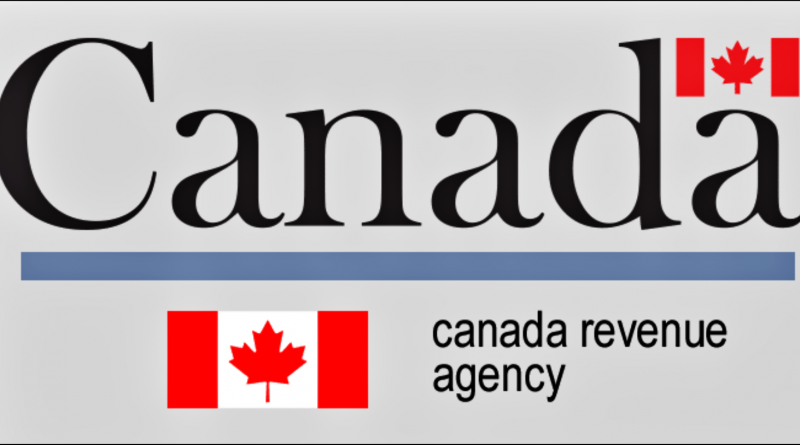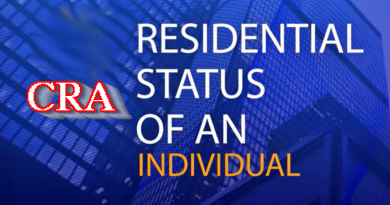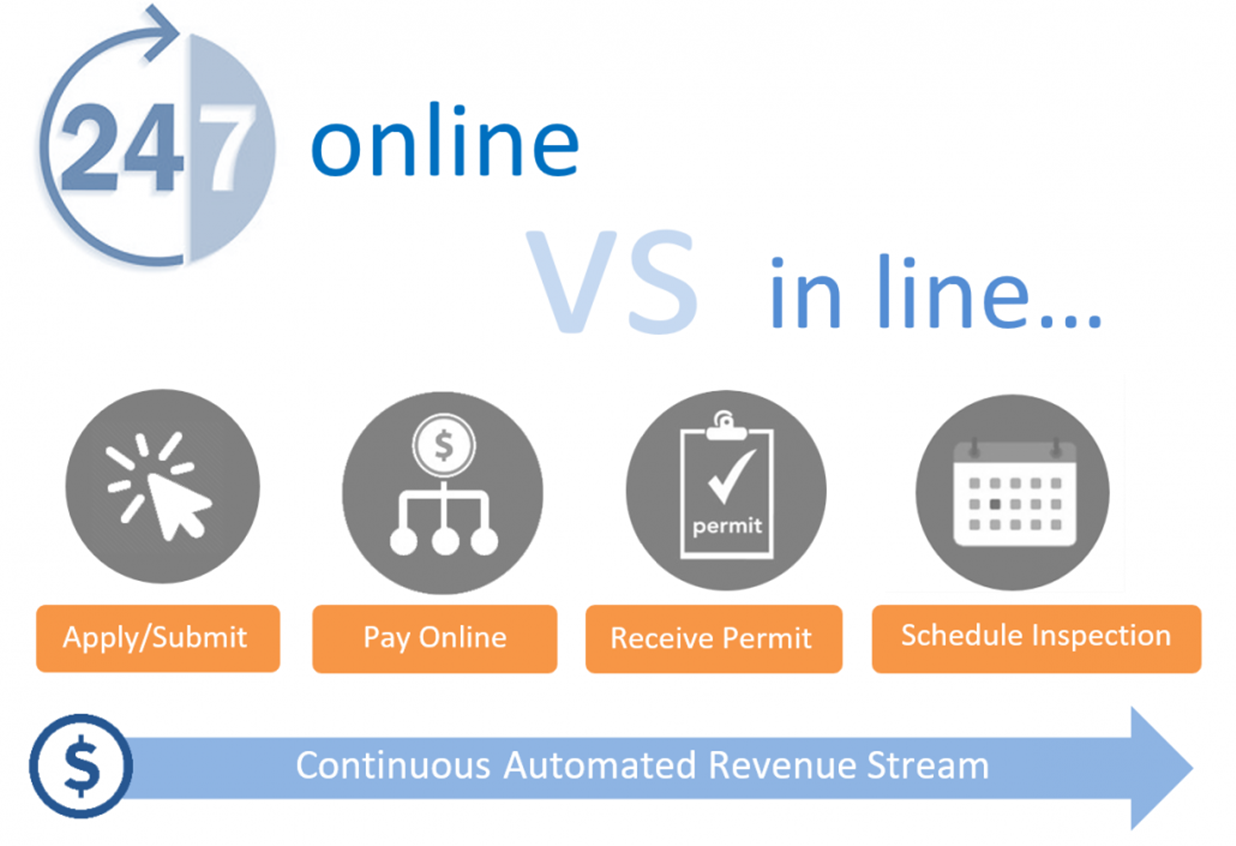S5-F1-C1: Determining an Individual’s Residence Status
S5-F1-C1
Series 5: International and Residency/Folio 1: Residency/Chapter 1: Determining an Individual’s Residence Status
The Canada Revenue Agency (CRA) issues income tax folios to provide technical interpretations and positions regarding certain provisions contained in income tax law. Due to their technical nature, folios are used primarily by tax specialists and other individuals who have an interest in tax matters. While the comments in a particular paragraph in a folio may relate to provisions of the law in force at the time they were made, such comments are not a substitute for the law. The reader should, therefore, consider such comments in light of the relevant provisions of the law in force for the particular tax year being considered.
Income tax folios are available in electronic format only.
Application
This updated Chapter, which may be referenced as S5-F1-C1, is effective July 31, 2014.
When it was first published on March 28, 2013, this Chapter replaced and cancelled Interpretation Bulletin it221r3,Determination of an Individual’s Residence Status,.
The history of updates to this Chapter as well as any technical updates from the cancelled interpretation bulletin can be viewed in the Chapter History page.
Except as otherwise noted, all statutory references herein are references to the provisions of the Income TaxAct, R.S.C., 1985, c.1 (5th Supp.), as amended and all references to a Regulation are to the Income TaxRegulations, C.R.C., c. 945, as amended and as promulgated under the Act.
Links to jurisprudence are provided through CanLII.
Reference
Sections 2 and 250 (also sections 114, 115, 128.1 and 212 of the Act and section 2607 of the Regulations).
Summary
The purpose of this Chapter is to explain the position of the CRA concerning the determination of an individual’s residence status for income tax purposes and the factors to be taken into account in making that determination.
Under the Canadian income tax system, an individual’s liability for income tax is based on his or her status as aresident or a non-resident of Canada. An individual who is resident in Canada during a tax year is subject to Canadian income tax on his or her worldwide income from all sources. Generally, a non-resident individual is only subject to Canadian income tax on income from sources inside Canada.
An individual who is resident in Canada can be characterized as ordinarily resident or deemed resident. An individual who is ordinarily resident in Canada will be subject to Canadian tax on his or her worldwide income during the part of the year in which he or she is resident in Canada; during the other part of the year, the individual will be taxed as anon-resident. An individual who is deemed resident in Canada in a particular year will be subject to Canadian income tax on his or her worldwide income throughout that year. In certain situations, an individual who would otherwise be ordinarily resident or deemed resident in Canada may be deemed not to be resident in Canada pursuant tosubsection 250(5) and the tie-breaker rules of an income tax treaty.
The factors to be considered in the determination of an individual’s residence status are discussed throughout this Chapter. Many of the comments in this Chapter apply to determinations of residence status for provincial, as well as federal, tax purposes. Taxpayers seeking a less technical overview of these matters may prefer to first review Residency – Individuals on the CRA website.
Table of contents
Discussion and interpretation
General Overview
1.1 Under the Canadian income tax system, an individual’s liability for income tax is based on his or her status as aresident or a non-resident of Canada. An individual who is resident in Canada during a tax year is subject to Canadian income tax on his or her worldwide income from all sources. Generally, a non-resident individual is only subject to Canadian income tax on income from sources inside Canada. An individual may be resident in Canada for only part of a year, in which case the individual will only be subject to Canadian tax on his or her worldwide income during the part of the year in which he or she is resident; during the other part of the year, the individual will be taxed as a non-resident.
Provincial residence
1.2 Many of the comments in this Chapter apply to determinations of residence status for provincial, as well as federal, tax purposes. Generally, an individual is subject to provincial tax on his or her worldwide income from all sources if the individual is resident in a particular province on December 31 of the particular tax year. An individual is considered to be resident in the province where he or she has significant residential ties.





